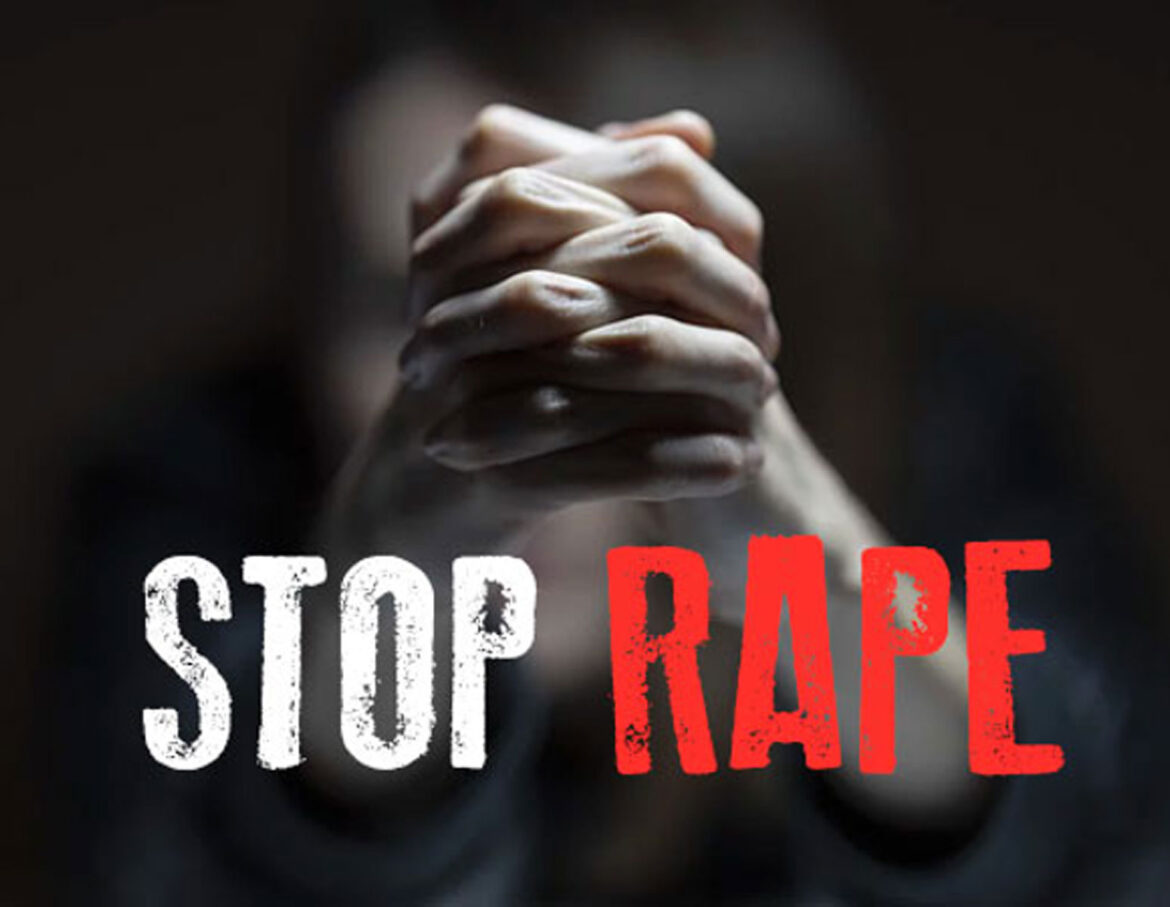The Legal Aid Society, in collaboration with the Ministry of Law and Justice, the Balochistan government, and the United Nations Population Fund (UNFPA), organized a pivotal consultation in Quetta to enhance the implementation of the Anti-Rape (Investigation and Trial) Act, 2021, and establish Anti-Rape Crisis Cells (ARCCs) across Balochistan.
The consultation brought together government officials, legal experts, and stakeholders to address barriers in implementing the Act and design survivor-centric strategies. Discussions emphasized the operational requirements of ARCCs, which aim to provide comprehensive medical, psychological, and legal support to survivors of sexual violence.
Stakeholder Contributions:
UNFPA Programme Coordinator Sadia Atta inaugurated the session, expressing hope that collaborative efforts would pave the way for a solid action plan. She underscored the importance of aligning resources for the benefit of survivors.
Federal Law Secretary Raja Naeem Akbar highlighted the necessity of strong coordination between federal and provincial governments. “We are committed to strengthening this collaboration to ensure effective implementation,” he stated.
Balochistan’s Health Secretary, Mujeebur Rehman Panizai, reiterated the health department’s commitment to closing gaps in support systems for survivors. Similarly, Quetta Commissioner Hamza Shafqaat advocated for strengthening legal frameworks, asserting, “We need robust foundations to ensure the success of ARCCs in Balochistan.”
Expert Insights:
Javed Raza Sultan from the law ministry emphasized a victim-centric and context-led approach under the Anti-Rape Act, 2021. Dr. Summaya Syed-Tariq, a special anti-rape committee member, called for sustainable multi-sectoral models and evidence-based solutions to address the entire spectrum of support for survivors.
Maliha Zia of the Legal Aid Society stressed a survivor-first approach, asserting that effective strategies must prioritize the dignity and needs of survivors.
This landmark consultation is expected to play a crucial role in developing actionable strategies and strengthening support systems for survivors of sexual violence in Balochistan.



